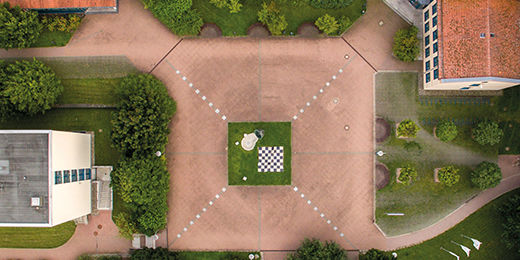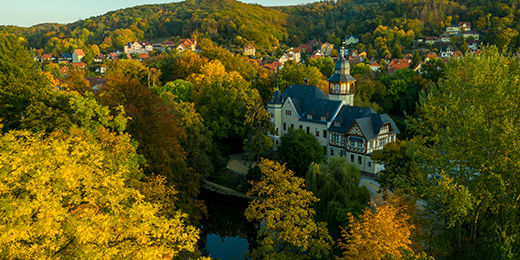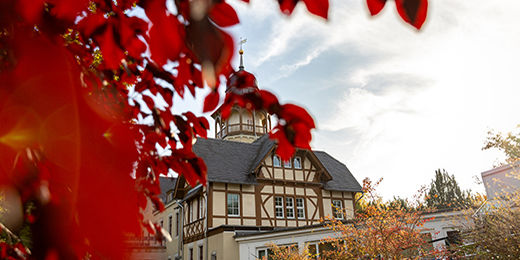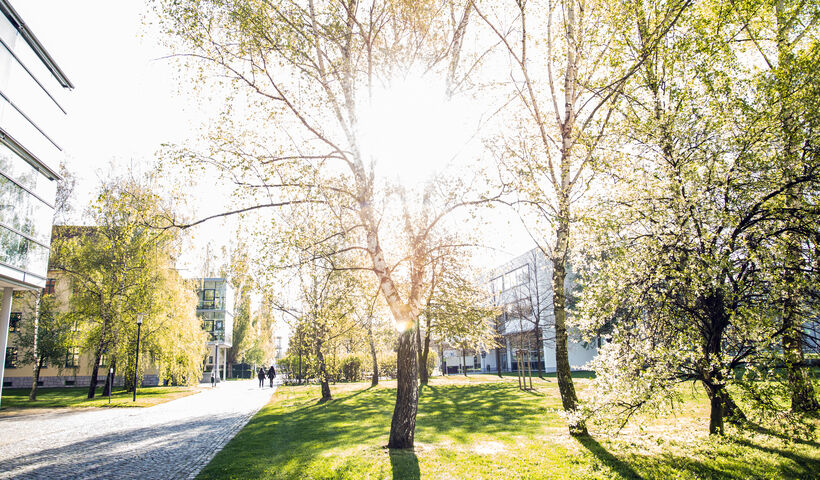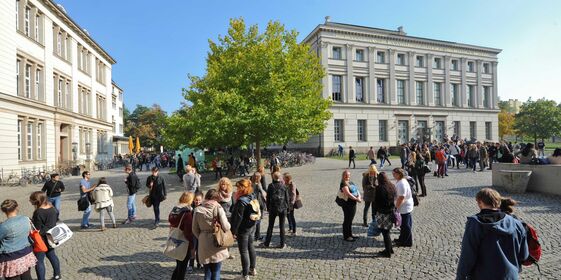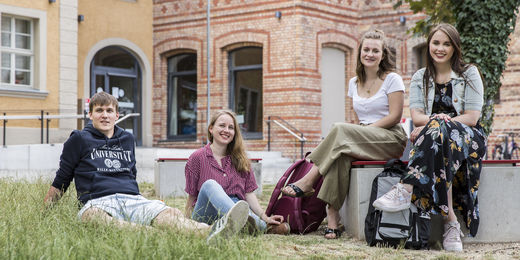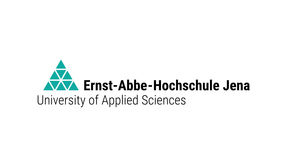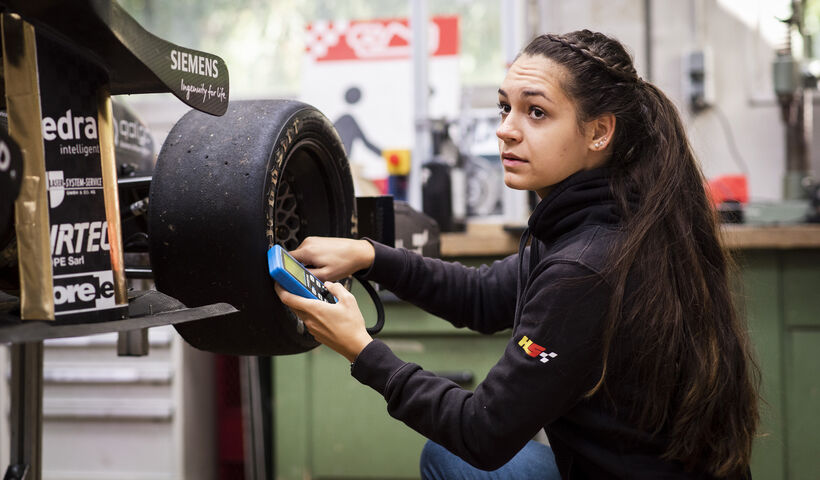Hochschule Zittau/ Görlitz
- Promotionsrecht: Nein
- Trägerschaft: öffentlich-rechtlich
- 1992 gegründet
- 2.532 Studierende
Theodor-Körner-Allee 16
02763 Zittau
Tel: 03583 6120
Fax: 03583 6123009
Hochschule im CHE-Ranking abschneiden.
Die Hochschule Zittau/Görlitz gehört zu den Fachhochschulen / HAW.
Nein, du kannst an der Hochschule Zittau/Görlitz nicht promovieren.
Die Hochschule Zittau/Görlitz ist eine öffentlich-rechtliche Hochschule. Es gibt staatliche und staatlich anerkannte Hochschulen, die meist in Universitäten, Fachhochschulen (international: University of Applied Sciences) und Kunst- sowie Musikhochschulen unterteilt werden. Der überwiegende Teil der Hochschulen wird vom Staat finanziert und befindet sich daher in staatlicher Trägerschaft. Dort fallen in der Regel nur geringe Semesterbeiträge an. An den privaten Hochschulen hingegen, die sich über private Trägerschaften finanzieren, können wesentlich höhere Studiengebühren anfallen. Einen Weg, die finanziellen Hürden dieser Hochschulen zu umgehen, können Stipendien darstellen.
Es gibt außerdem Hochschulen, die von der protestantischen oder katholischen Kirche betrieben werden.
Die Hochschule Zittau/Görlitz wurde im Jahr 1992 gegründet.
Insgesamt gibt es 2532 Studierende an der Hochschule Zittau/Görlitz.
Standorte dieser Hochschule sind Zittau und Görlitz.
Hier findest du die Fristen und Termine für deine Bewerbung:
- Vorlesungszeit:
-
07.10.2024 - 24.01.2025Im Anschluss daran 3 Wochen Prüfungszeit
- Studienanfänger:
-
02.05.2024 - 15.09.2024
- Hochschulwechsler:
-
02.05.2024 - 31.08.2024
- International Studierende aus der Europäischen Union:
-
02.05.2024 - 15.09.2024Nur wenn die sprachlichen Voraussetzungen erfüllt sind.
- International Studierende aus Staaten, die nicht Mitglied der EU sind:
-
02.05.2024 - 15.09.2024Achtung, wenn ein Studienkolleg vorgeschaltet werden muss, dann gelten diese Fristen nicht. In diesem Falle bitte direkt an der Hochschule nachfragen.
- Studienanfänger:
-
02.05.2024 - 15.07.2024
- Hochschulwechsler:
-
02.05.2024 - 15.07.2024
- International Studierende aus der Europäischen Union:
-
02.05.2024 - 15.07.2024Nur wenn die sprachlichen Voraussetzungen erfüllt sind.
- International Studierende aus Staaten, die nicht Mitglied der EU sind:
-
02.05.2024 - 15.07.2024Achtung, wenn ein Studienkolleg vorgeschaltet werden muss, dann gelten diese Fristen nicht. In diesem Falle bitte direkt an der Hochschule nachfragen.
- Studienanfänger:
-
02.05.2024 - 15.09.2024
- Hochschulwechsler:
-
02.05.2024 - 31.08.2024
- International Studierende aus der Europäischen Union:
-
02.05.2024 - 15.09.2024Nur wenn die sprachlichen Voraussetzungen erfüllt sind.
- International Studierende aus Staaten, die nicht Mitglied der EU sind:
-
02.05.2024 - 15.09.2024Achtung, wenn ein Studienkolleg vorgeschaltet werden muss, dann gelten diese Fristen nicht. In diesem Falle bitte direkt an der Hochschule nachfragen.
- Studienanfänger:
-
02.05.2023 - 15.07.2024
- Hochschulwechsler:
-
02.05.2023 - 15.07.2024
- International Studierende aus der Europäischen Union:
-
02.05.2023 - 15.07.2024Nur wenn die sprachlichen Voraussetzungen erfüllt sind.
- International Studierende aus Staaten, die nicht Mitglied der EU sind:
-
02.05.2023 - 15.07.2024Achtung, wenn ein Studienkolleg vorgeschaltet werden muss, dann gelten diese Fristen nicht. In diesem Falle bitte direkt an der Hochschule nachfragen.
- Vorlesungszeit:
-
11.03.2024 - 28.06.2024Prüfungszeit drei Wochen im Anschluss
- Hochschulwechsler:
-
Die Frist ist abgelaufen
- International Studierende aus der Europäischen Union:
-
Die Frist ist abgelaufen
- International Studierende aus Staaten, die nicht Mitglied der EU sind:
-
Die Frist ist abgelaufen
- Hochschulwechsler:
-
Die Frist ist abgelaufen
- Studienanfänger:
-
Die Frist ist abgelaufen
- Hochschulwechsler:
-
Die Frist ist abgelaufen
- International Studierende aus der Europäischen Union:
-
Die Frist ist abgelaufen
- International Studierende aus Staaten, die nicht Mitglied der EU sind:
-
Die Frist ist abgelaufen
- Studienanfänger:
-
Die Frist ist abgelaufen
- Hochschulwechsler:
-
Die Frist ist abgelaufen
- International Studierende aus der Europäischen Union:
-
Die Frist ist abgelaufen
- International Studierende aus Staaten, die nicht Mitglied der EU sind:
-
Die Frist ist abgelaufen
- Vorlesungszeit:
-
07.10.2024 - 24.01.2025Im Anschluss daran 3 Wochen Prüfungszeit
- Studienanfänger:
-
02.05.2024 - 15.09.2024
- Hochschulwechsler:
-
02.05.2024 - 31.08.2024
- International Studierende aus der Europäischen Union:
-
02.05.2024 - 15.09.2024Nur wenn die sprachlichen Voraussetzungen erfüllt sind.
- International Studierende aus Staaten, die nicht Mitglied der EU sind:
-
02.05.2024 - 15.09.2024Achtung, wenn ein Studienkolleg vorgeschaltet werden muss, dann gelten diese Fristen nicht. In diesem Falle bitte direkt an der Hochschule nachfragen.
- Studienanfänger:
-
02.05.2024 - 15.07.2024
- Hochschulwechsler:
-
02.05.2024 - 15.07.2024
- International Studierende aus der Europäischen Union:
-
02.05.2024 - 15.07.2024Nur wenn die sprachlichen Voraussetzungen erfüllt sind.
- International Studierende aus Staaten, die nicht Mitglied der EU sind:
-
02.05.2024 - 15.07.2024Achtung, wenn ein Studienkolleg vorgeschaltet werden muss, dann gelten diese Fristen nicht. In diesem Falle bitte direkt an der Hochschule nachfragen.
- Studienanfänger:
-
02.05.2024 - 15.09.2024
- Hochschulwechsler:
-
02.05.2024 - 31.08.2024
- International Studierende aus der Europäischen Union:
-
02.05.2024 - 15.09.2024Nur wenn die sprachlichen Voraussetzungen erfüllt sind.
- International Studierende aus Staaten, die nicht Mitglied der EU sind:
-
02.05.2024 - 15.09.2024Achtung, wenn ein Studienkolleg vorgeschaltet werden muss, dann gelten diese Fristen nicht. In diesem Falle bitte direkt an der Hochschule nachfragen.
- Studienanfänger:
-
02.05.2023 - 15.07.2024
- Hochschulwechsler:
-
02.05.2023 - 15.07.2024
- International Studierende aus der Europäischen Union:
-
02.05.2023 - 15.07.2024Nur wenn die sprachlichen Voraussetzungen erfüllt sind.
- International Studierende aus Staaten, die nicht Mitglied der EU sind:
-
02.05.2023 - 15.07.2024Achtung, wenn ein Studienkolleg vorgeschaltet werden muss, dann gelten diese Fristen nicht. In diesem Falle bitte direkt an der Hochschule nachfragen.
- Vorlesungszeit:
-
11.03.2024 - 28.06.2024Prüfungszeit drei Wochen im Anschluss
- Hochschulwechsler:
-
Die Frist ist abgelaufen
- International Studierende aus der Europäischen Union:
-
Die Frist ist abgelaufen
- International Studierende aus Staaten, die nicht Mitglied der EU sind:
-
Die Frist ist abgelaufen
- Hochschulwechsler:
-
Die Frist ist abgelaufen
- Studienanfänger:
-
Die Frist ist abgelaufen
- Hochschulwechsler:
-
Die Frist ist abgelaufen
- International Studierende aus der Europäischen Union:
-
Die Frist ist abgelaufen
- International Studierende aus Staaten, die nicht Mitglied der EU sind:
-
Die Frist ist abgelaufen
- Studienanfänger:
-
Die Frist ist abgelaufen
- Hochschulwechsler:
-
Die Frist ist abgelaufen
- International Studierende aus der Europäischen Union:
-
Die Frist ist abgelaufen
- International Studierende aus Staaten, die nicht Mitglied der EU sind:
-
Die Frist ist abgelaufen


